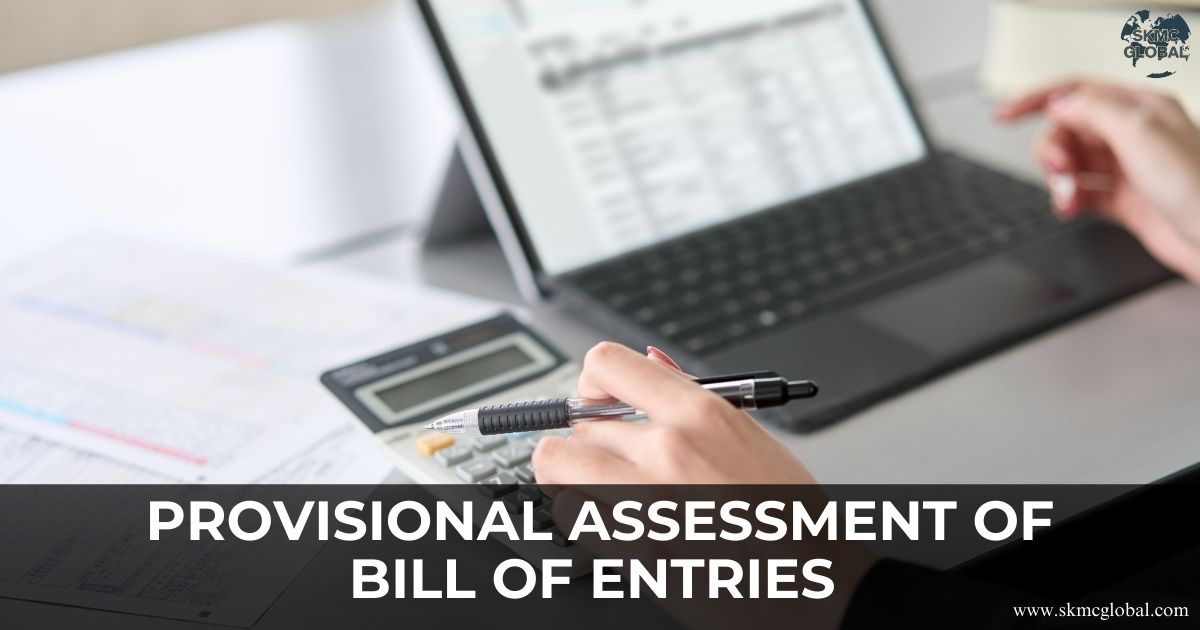
With the rapid pace of international business, importers can be put into a situation wherein there is uncertainty regarding the classification of the goods, value, or duty payable at the time the Bill of Entry is filed. For the settlement of such cases, the provisional Bill of Entry assessment is a valuable service of the Customs Department. The practice is such that imports can be cleared immediately through provisional clearance, and importers and Customs personnel both get a sufficient time to affirm the provisional customs assessments to arrive at the correct duties and compliances as part of the process of finalizing provisional assessment.
Understanding Provisional Assessment of Bill of Entries
Provisional assessment of Bill is a facility of the Customs Act whereby importers can receive the clearance of imports even when some details regarding the imported items—classification, valuation, or duty payable—are yet to be determined. It is indeed a preliminary assessment with the purpose of further verification or determination.
The distinguishing features of provisional assessment of Bill of Entry are:
1. Provisional Nature: The valuation is provisional in nature, in the sense that last duty liability is determined later after verification.
2. Temporary Clearance: Importers are able to obtain temporary clearance of goods, saving port time and ensuring smooth business transactions.
3. Security Requirement (PD Bond): Importers are required to furnish a security in the form of a PD Bond to pay for potential duty and tax liabilities until finality.
4. Compliance with Regulations: Although the assessment is temporary, the remaining Customs law compliance necessities like submission of the Bill of Entry and compliance with bans on imports are still obligatory.
The central function of this facility is to find a balance between ease of trade facilitation and accurate collection of duties.
When is Provisional Customs Assessment Applicable?
Provisional customs assessments are typically used when:
- The proper classification of goods being imported is ambiguous.
- There is controversy regarding valuation.
- The goods should be inspected or technically examined prior to final determination of duty.
- The importers should be given early clearance on account of compulsions of business but final determination cannot be carried out at once.
By provisional assessment, Customs prevents the importers from being unduly held up while protecting the revenue.
Procedure for Provisional Assessment of Bill of Entries
Procedure for making a provisional assessment of Bill consists of fewer salient steps:
1. Filing of the Bill of Entry
The importer is required to file a Bill of Entry with the Customs Department stating that a provisional assessment is being sought. Everything related to description of goods, quantity, and declared value is to be stated.
2. Request for Provisional Assessment
The importer makes a formal application for provisional customs valuations under Section 18 of the Customs Act. The application should give a good explanation of why the provisional assessment is sought and should give any technical information, valuation problems, or classification doubt.
3. Security Deposit (PD Bond)
To pay duty, the importer has to provide a PD Bond. The bond is a promise that the final duties, taxes, and penalties (if any) will be paid when the assessment becomes final. The Customs authorities fix the quantum of security, normally on the basis of provisional duty calculation.
4. Provisional Clearance of Goods
On receipt of the request and PD Bond, Customs may grant provisional clearance of the goods. The implication is that goods may be cleared physically from the port or bonded warehouse pending provisional assessment.
5. Examination and Testing (If Required)
In instances where valuation or classification is based on technical confirmation, examination or testing of merchandise may be done by Customs. Outputs of this exercise are crucial to the finalization process for provisional assessment.
6. Finalization of Provisional Assessment
After all verifications and clarifications are done, Customs goes ahead to finalize provisional assessment. Final calculation of duty is given to the importer, and alterations in paid duties or underpaid under the PD Bond are reconciled.
Finalization Process for Provisional Assessment
Finalization process for provisional assessment must be done to ensure that all dues are correctly calculated.
The process generally follows these steps:
1. Submission of Required Information
Other documents, certificates, test reports, or invoices as Customs may deem necessary for proper assessment are to be presented by the importers.
2. Customs Review
Customs officers examine all the documents submitted and cross-check them against the original provisional assessment.
3. Duty Adjustment
If the final assessment calculates a higher duty than provisionally paid, the importer needs to pay the difference. If lower duty is due, Customs refunds the amount overpaid.
4. Release of PD Bond
When all the adjustments have been made and the duties balanced, PD Bond is issued, which brings the provisional assessment process to an end.
5. Issue of Final Assessment Order
A formal final assessment order is issued by Customs for the payable duty and other charges as may be due. This is equivalent to formal termination of provisional assessment.
Advantages of Provisional Assessment of Bill of Entry
The ease of provisional customs assessments has a number of benefits:
- Early Clearance: Importers are given provisional clearance of goods without having to wait for final evaluation.
- Flexibility: It allows technical or valuation uncertainty, and importers have time to provide correct information.
- Guarantee of Revenue: Customs is paid duty in advance via PD Bond and is assured revenue protection.
- Less Storage Cost: Pre-clearance avoids long port storage and demurrage charges.
Recent CBIC Circular on Provisional Assessment (September 2025)
The Central Board of Indirect Taxes and Customs (CBIC) has notified Circular No. 22/2025-Customs dated 12th September 2025, and the Customs (Provisional Assessment) Regulations, 2025, to simplify the process of provisional assessments. Under this new regime, Finalization of Provisional Assessment has to be done within a period of two years from the day of provisional assessment, and the time may be extended by the Principal Commissioner or Commissioner of Customs on reasonable grounds. For clearance in time, pending test reports, queries, and documents have to be finalized within 14 months so that the Proper Officer can conclude cases within the statutory time. These measures will apply to new and outstanding cases on or after 29th March 2025 and supersede the previous 2018 Regulations and introduce more clarity and accountability to the provisional clearance process.
Problems in Provisional Assessment
Although provisional assessment is extremely beneficial, it will have a couple of problems if not tackled properly:
- Complex Documentation: Finalization hinges on submitting proper and complete documents.
- PD Bond Requirements: PD Bond requirements need to be monitored until final review is finalized.
- Future Penalties: Errors on provisional declaration can lead to penalties at finalization.
- Taking Time for Closing: Technical examination or difference in classification might lead to delays in closing time.
How SKMC Global Can Assist?
SKMC Global is an expert in handling complete support for importers and exporters. In case of businesses handling provisional customs assessment, SKMC Global provides the following:
1. Expert Consultation
Our professionals advise importers on how to avail themselves of provisional assessment of Bill and submit correct documentation to Customs.
2. PD Bond Handling
We help in preparing, submitting, and handling the PD Bond for hassle-free provisional clearance and compliance.
3. Document Preparation
SKMC Global ensures all the supporting documents to be finalized correctly and submitted within time to prevent any delays.
4. Finalization Support
We arrange meetings with Customs officials to finalize provisional assessment process in order to enable proper duty payment and bond release.
5. Technical Advisory and Support
Our experts offer advice on compliance, valuation, and classification issues to avoid finalization disputes.
With the help of SKMC Global's expert services, importers can simplify the provisional customs valuation procedure, stay away from penalties, and save money and time.
Conclusion
Provisional assessment of Bill is a critical mechanism that facilitates earlier release of products and protecting appropriate collection of duties. Importers receive technical or valuation uncertainty flexibilities in the management of them through provisional customs assessments. Customs releases duties and settles the PD Bond through finalization of provisional assessment, protecting regulation compliance and revenue guarantee.
For importers wishing to simplify this process, SKMC Global offers end-to-end services, beginning with Bills of Entry finalization and filing and bond management. Specialist advice avoids delays, penalties, and high costs, simplifying international trade and making it more effective.
Through knowledge and efficient management of provisional assessments, importers may guarantee uninterrupted supply chains while being in full compliance with Customs regulations.
FREQUENTLY ASKED QUESTIONS
It is a provisional determination by Customs making provision release of import goods pending final determination of chargeability of duty.
It is used where the classification, value, or other technical aspects of goods are still unclear while making the Bill of Entry.
A PD Bond is a customs security deposit as guarantee for paying duty until provisional assessment is finalized.
No, it is required to provide a PD Bond to secure provisional customs assessment of possible duty liability.
The last duty is calculated considering filed invoices, test reports, classification, and valuation. Balance is paid against the PD Bond.
According to the Customs (Provisional Assessment) Regulations, 2025, the period is two years from the date of provisional assessment. The same can be extended by the Principal Commissioner or Commissioner of Customs if cause is shown to be sufficient.
The reckoning begins from 29th March 2025, i.e., the date of entry into force of the Finance Act, 2025.
If importers do not submit documents or information required, the Proper Officer may settle the provisional assessment on the basis of documents available and give an opportunity to the importer/exporter to be heard as per natural justice.
Pending information, documents, or test results have to be received within 14 months from 29.03.2025 i.e., on or before 29.05.2026 so that finalization within the stipulated two-year period is completed.
Yes, in the event of enquiries or documents being impossible within 14 months, the Proper Officer may request extension from the Commissioner of Customs or Principal Commissioner of Customs.
If duty in excess has been paid by the importer/exporter, they are eligible to be refunded thereof when provisional assessment is finalized under Section 18 of the Customs Act, 1962.
If further duty is payable on final assessment, then the differential amount with interest shall be payable by the importer/exporter under Section 18 of the Customs Act, 1962.
Recent Posts
-
 Union Budget 2026 updates...
Feb 02,2026
Union Budget 2026 updates...
Feb 02,2026
-
 SEBI’s New Co-Investment Framework for AIFs: An ...
Jan 14,2026
SEBI’s New Co-Investment Framework for AIFs: An ...
Jan 14,2026
-
 Incorporation of Company in Saudi Arabia...
Jan 05,2026
Incorporation of Company in Saudi Arabia...
Jan 05,2026
-
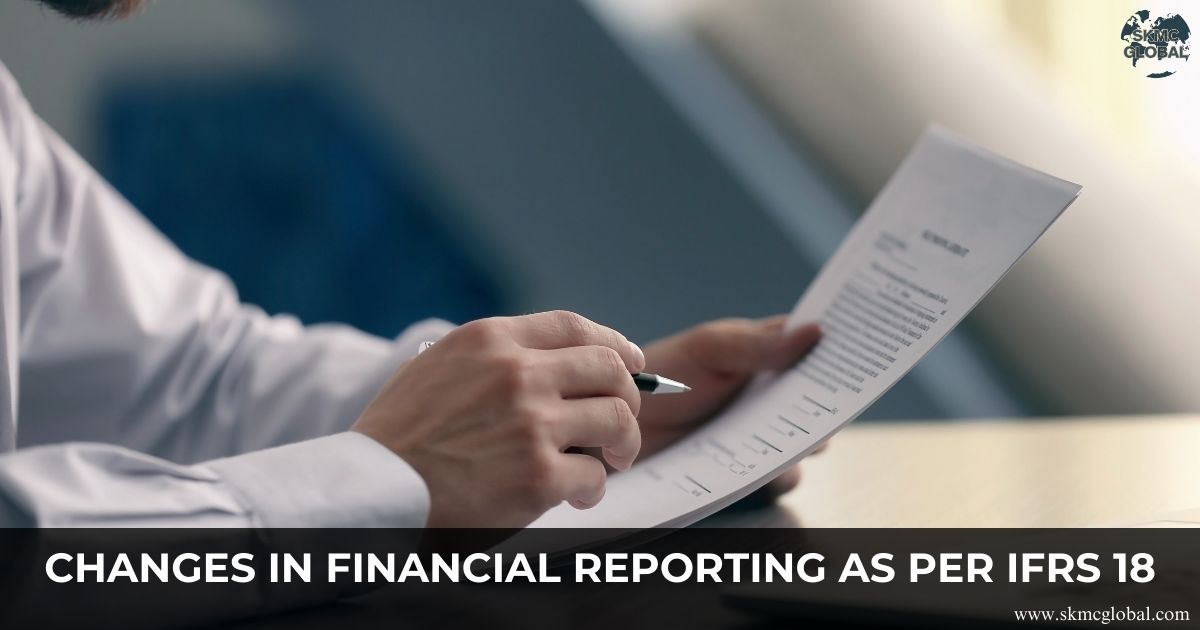 Changes in Financial Reporting as per IFRS 18...
Dec 31,2025
Changes in Financial Reporting as per IFRS 18...
Dec 31,2025
-
 Digital Personal Data Protection Act Implementatio...
Dec 30,2025
Digital Personal Data Protection Act Implementatio...
Dec 30,2025
-
 How to setup a Semiconductor Unit in Gujarat...
Dec 26,2025
How to setup a Semiconductor Unit in Gujarat...
Dec 26,2025
-
 Process of Setting Up a Gratuity Fund Trust in Ind...
Dec 18,2025
Process of Setting Up a Gratuity Fund Trust in Ind...
Dec 18,2025
-
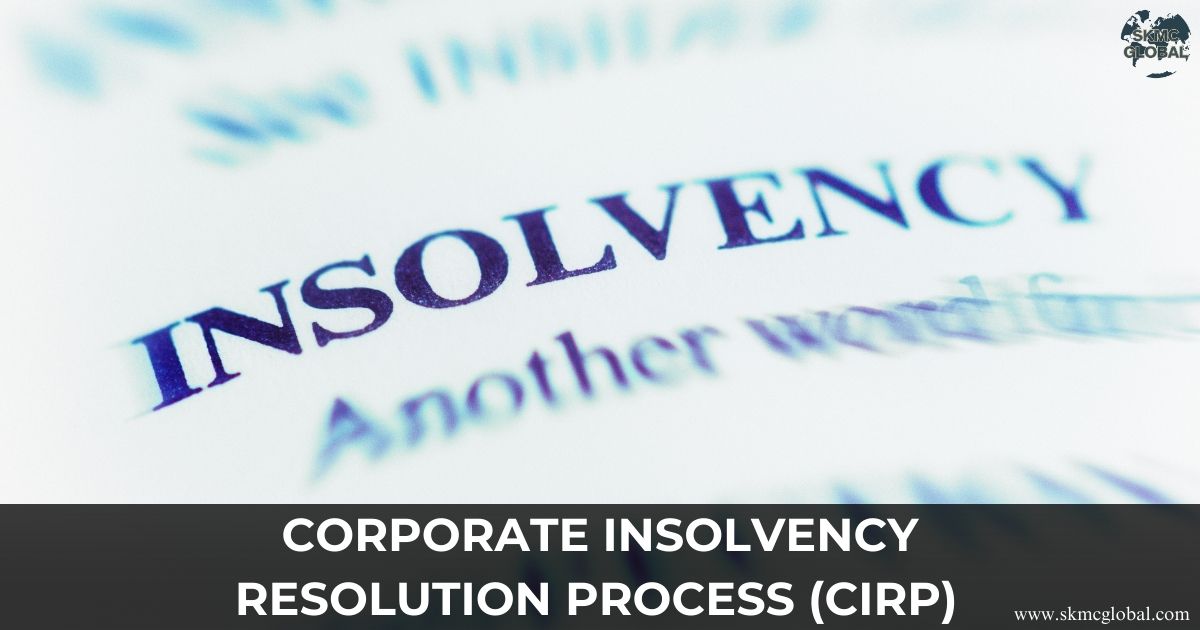 Corporate Insolvency Resolution Process (CIRP) und...
Dec 17,2025
Corporate Insolvency Resolution Process (CIRP) und...
Dec 17,2025
-
 Closure of a company in India...
Dec 12,2025
Closure of a company in India...
Dec 12,2025
-
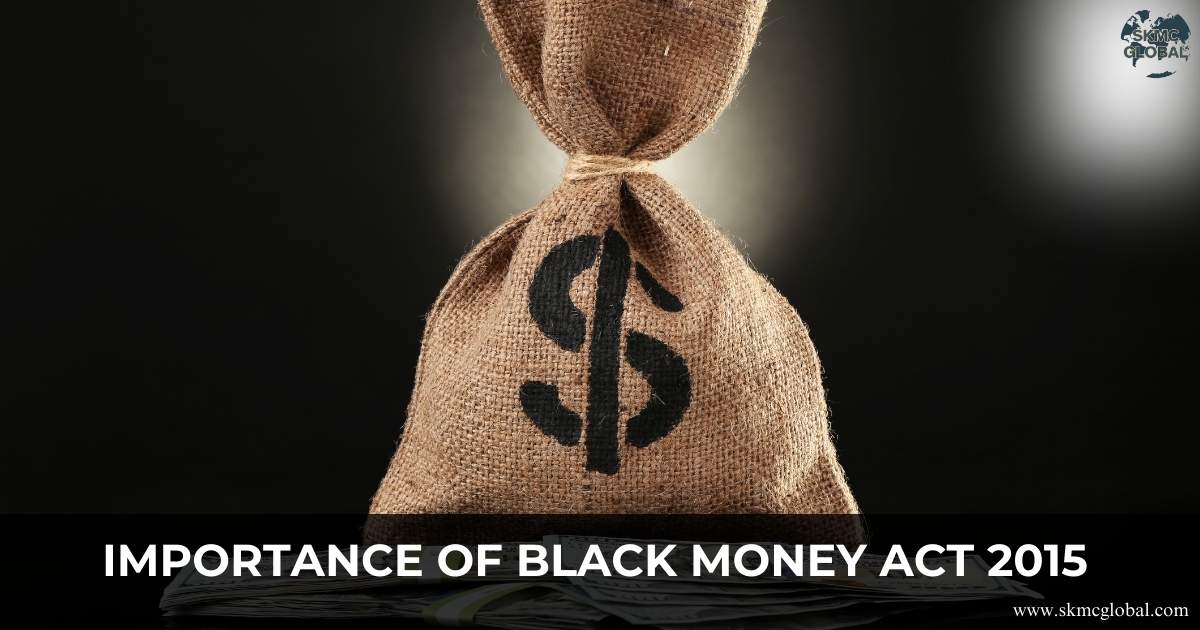 Importance of Black Money Act 2015...
Dec 11,2025
Importance of Black Money Act 2015...
Dec 11,2025
-
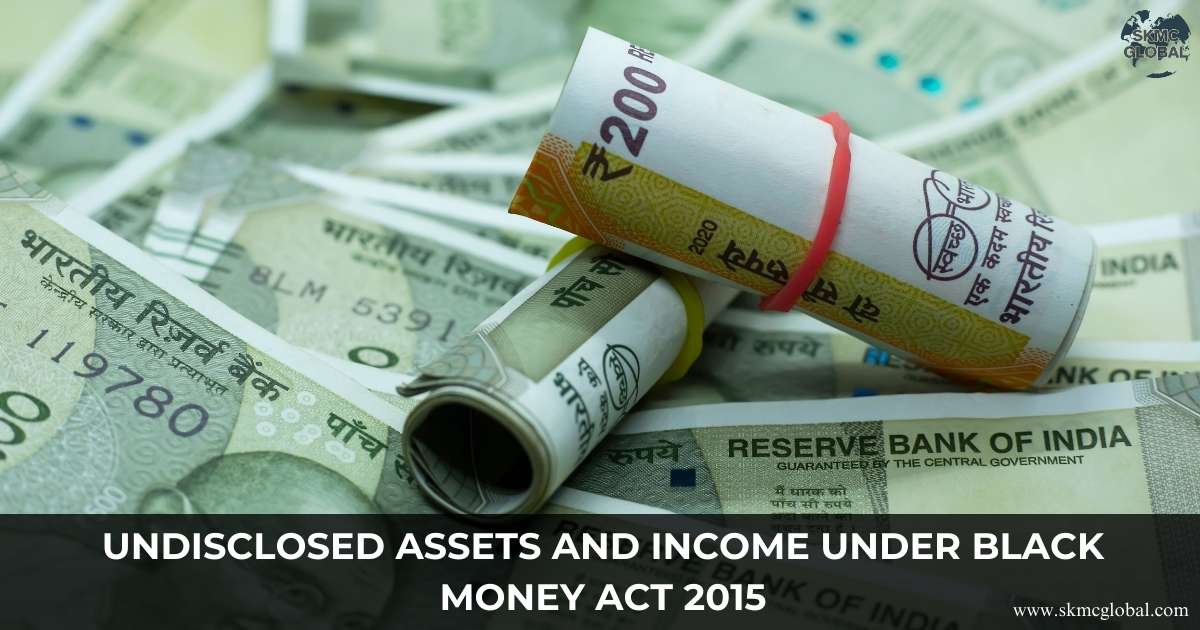 What are undisclosed assets and income under Black...
Dec 08,2025
What are undisclosed assets and income under Black...
Dec 08,2025
-
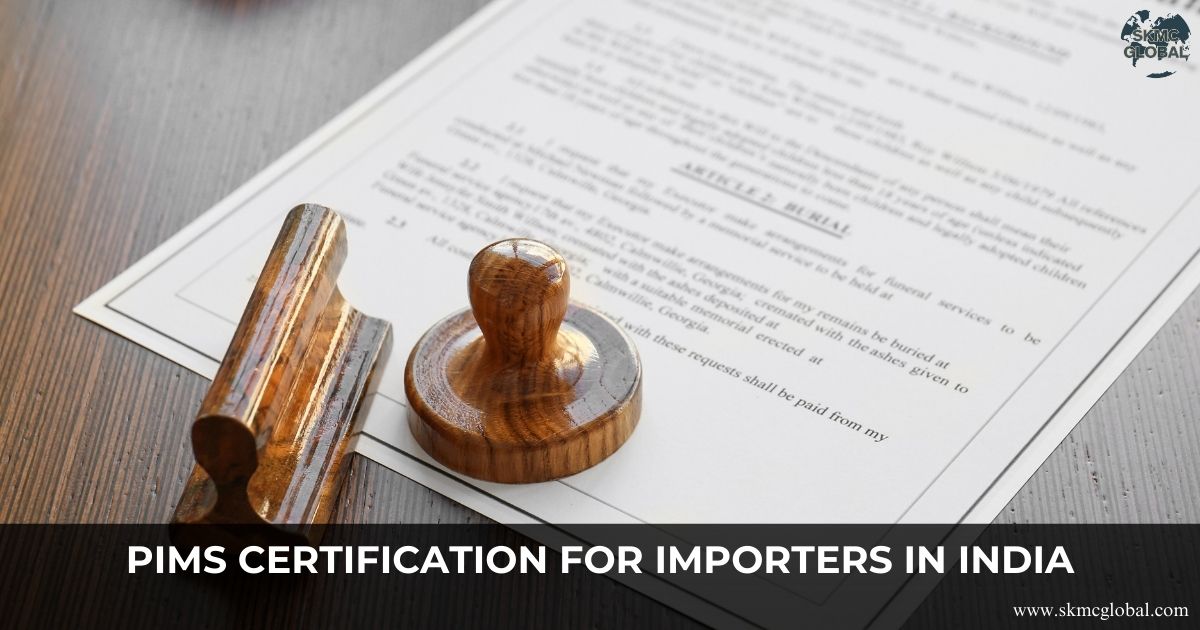 Importance of PIMS certification for Importers in ...
Dec 06,2025
Importance of PIMS certification for Importers in ...
Dec 06,2025
-
 Incorporation of Company in UAE...
Dec 03,2025
Incorporation of Company in UAE...
Dec 03,2025
-
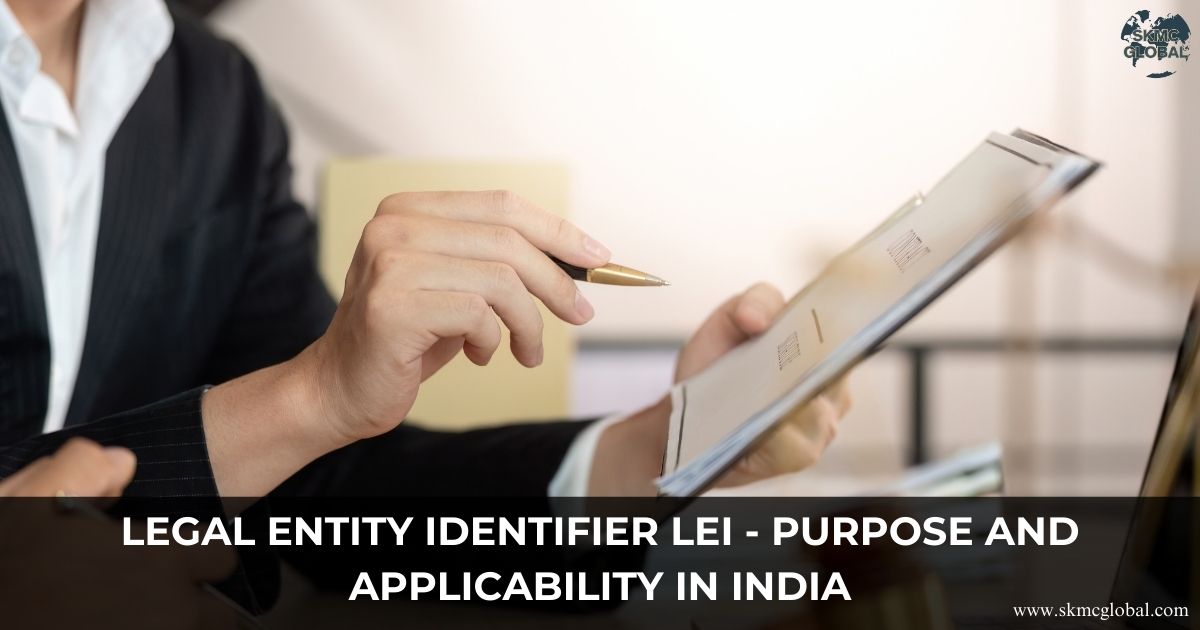 Legal Entity Identifier LEI - Purpose and Applicab...
Dec 01,2025
Legal Entity Identifier LEI - Purpose and Applicab...
Dec 01,2025
-
 Implementation of New Labour Codes 2025...
Nov 29,2025
Implementation of New Labour Codes 2025...
Nov 29,2025
-
 A Step-by-Step Guide to a Smooth Payroll Outsourci...
Nov 28,2025
A Step-by-Step Guide to a Smooth Payroll Outsourci...
Nov 28,2025
-
 PESO Certification in India...
Nov 26,2025
PESO Certification in India...
Nov 26,2025
-
 Family Trusts for NRIs- Managing Indian Assets fro...
Nov 24,2025
Family Trusts for NRIs- Managing Indian Assets fro...
Nov 24,2025
-
 Decoding Disclosures: Section 184 of Companies Act...
Nov 21,2025
Decoding Disclosures: Section 184 of Companies Act...
Nov 21,2025
-
 All you want to know about Recycling business in I...
Nov 20,2025
All you want to know about Recycling business in I...
Nov 20,2025
-
 What is Seed Fund Scheme and its relevance for Sta...
Nov 19,2025
What is Seed Fund Scheme and its relevance for Sta...
Nov 19,2025
-
 Incorporation of Company in Singapore...
Nov 18,2025
Incorporation of Company in Singapore...
Nov 18,2025
-
 How to upgrade your AEO T2 certification to AEO T3...
Nov 15,2025
How to upgrade your AEO T2 certification to AEO T3...
Nov 15,2025
-
 What is the relevance of APEDA Registration and it...
Nov 14,2025
What is the relevance of APEDA Registration and it...
Nov 14,2025
-
 Applicability of Indian Accounting Standards for c...
Nov 11,2025
Applicability of Indian Accounting Standards for c...
Nov 11,2025
-
 Public vs. Private Trust: key Differences in Regis...
Oct 28,2025
Public vs. Private Trust: key Differences in Regis...
Oct 28,2025
-
 Donation and Foreign Contributions to Trusts in In...
Oct 23,2025
Donation and Foreign Contributions to Trusts in In...
Oct 23,2025
-
 Redeemable Preference Shares as a Financial Tool...
Oct 22,2025
Redeemable Preference Shares as a Financial Tool...
Oct 22,2025
-
 STPI Unit and Non-STPI Unit...
Oct 16,2025
STPI Unit and Non-STPI Unit...
Oct 16,2025
-
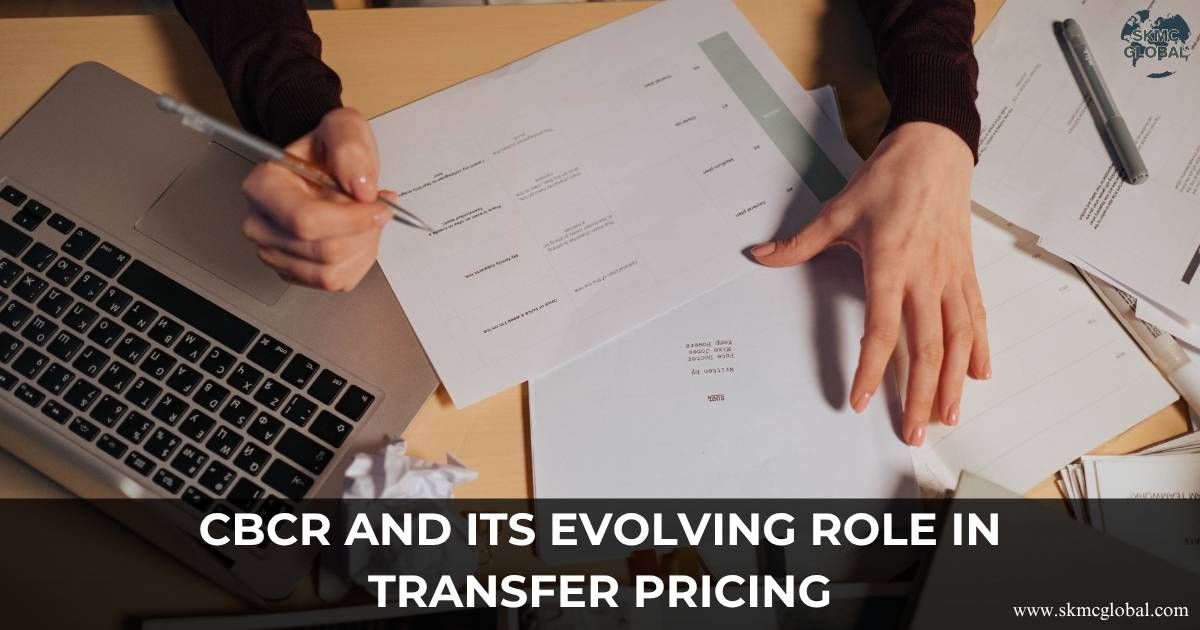 Country-by-Country Reporting (CbCR) and Its Evolvi...
Oct 09,2025
Country-by-Country Reporting (CbCR) and Its Evolvi...
Oct 09,2025
-
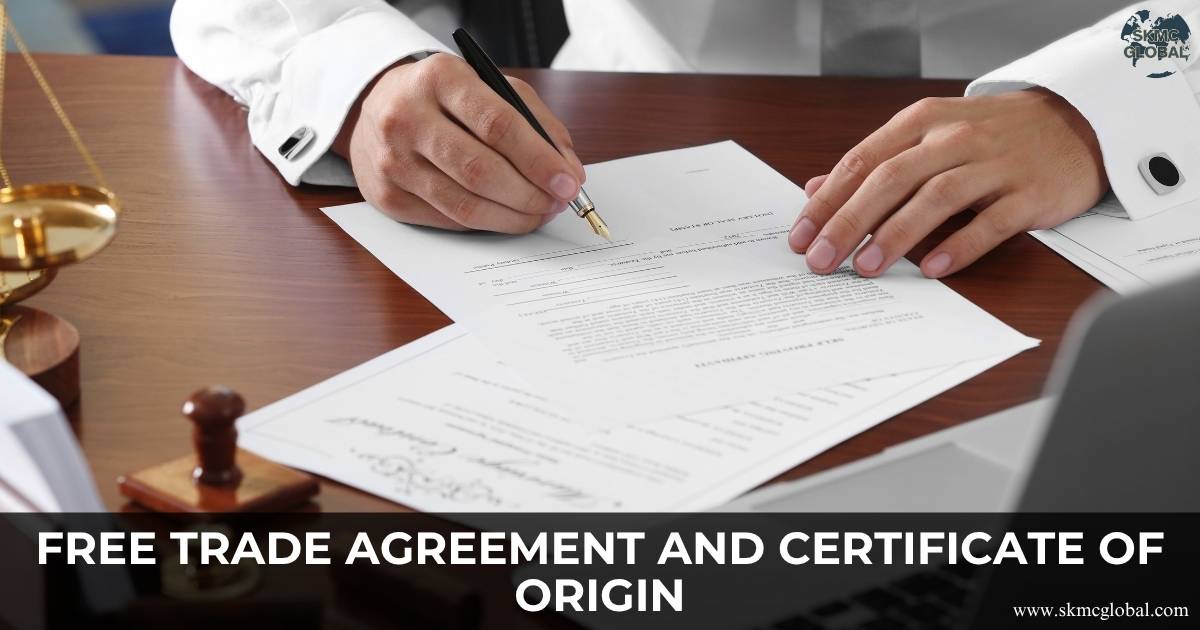 What is Free Trade Agreement and Certificate of Or...
Oct 08,2025
What is Free Trade Agreement and Certificate of Or...
Oct 08,2025
-
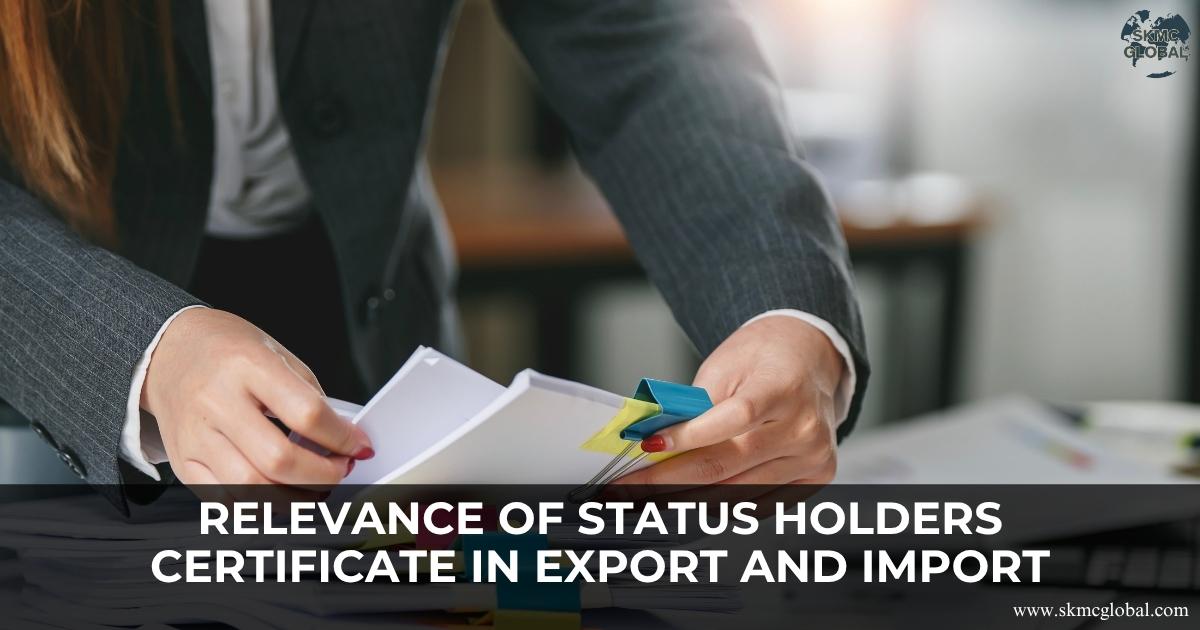 What is the relevance of status holders certificat...
Oct 06,2025
What is the relevance of status holders certificat...
Oct 06,2025
-
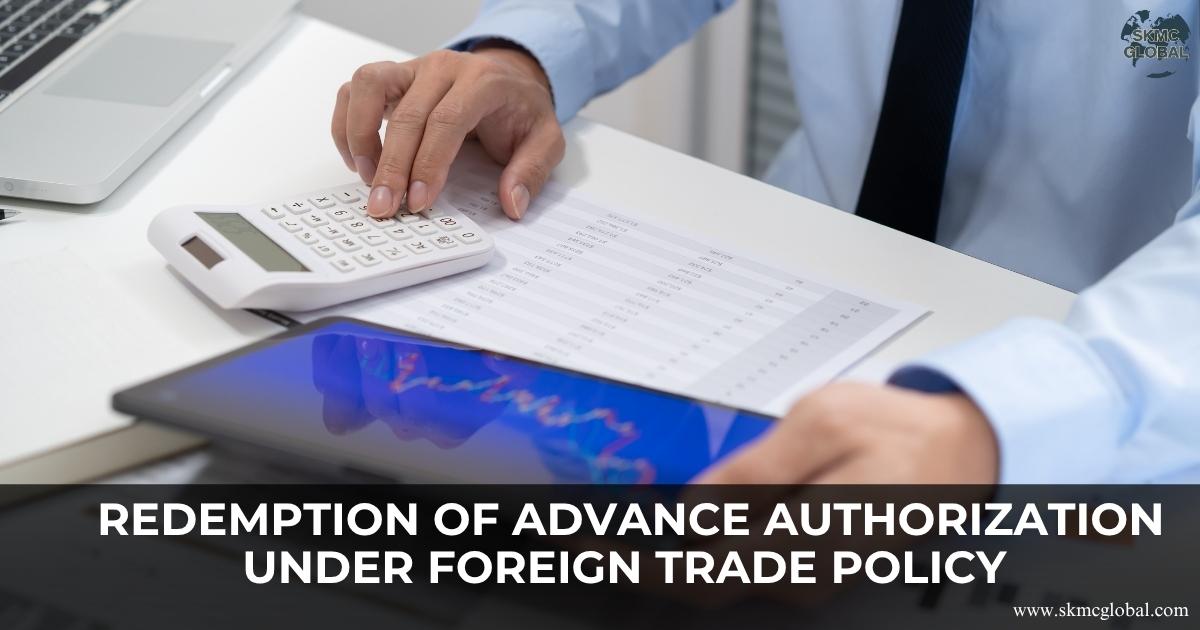 Redemption of Advance Authorization under Foreign ...
Oct 04,2025
Redemption of Advance Authorization under Foreign ...
Oct 04,2025
-
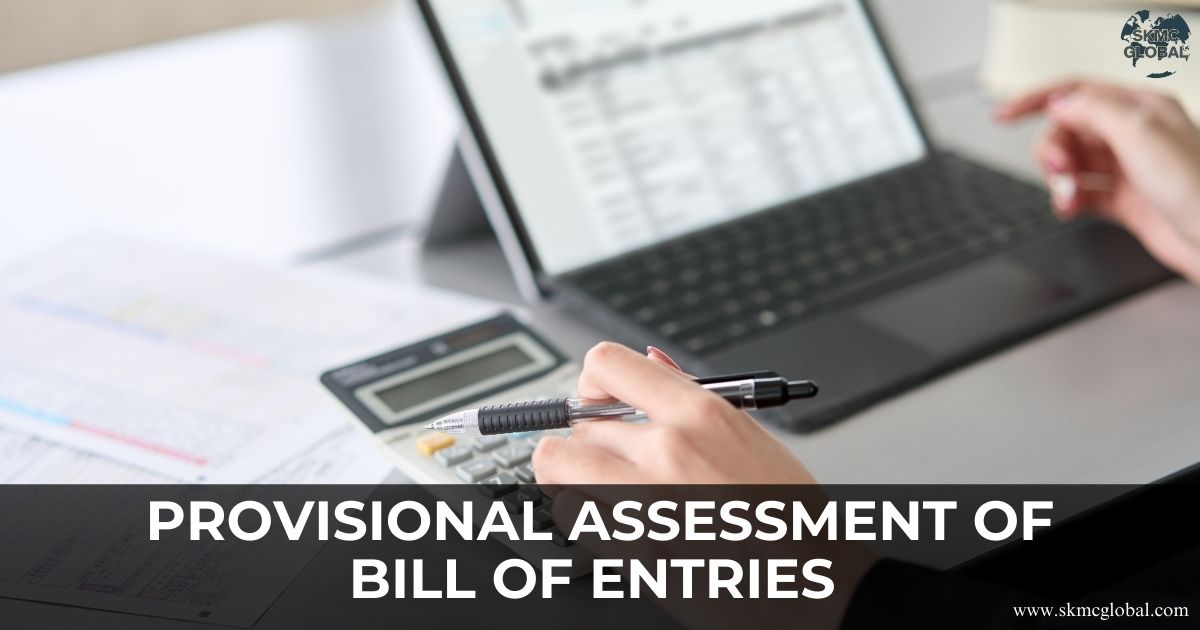 What is provisional assessment of Bill of Entries ...
Sep 29,2025
What is provisional assessment of Bill of Entries ...
Sep 29,2025
-
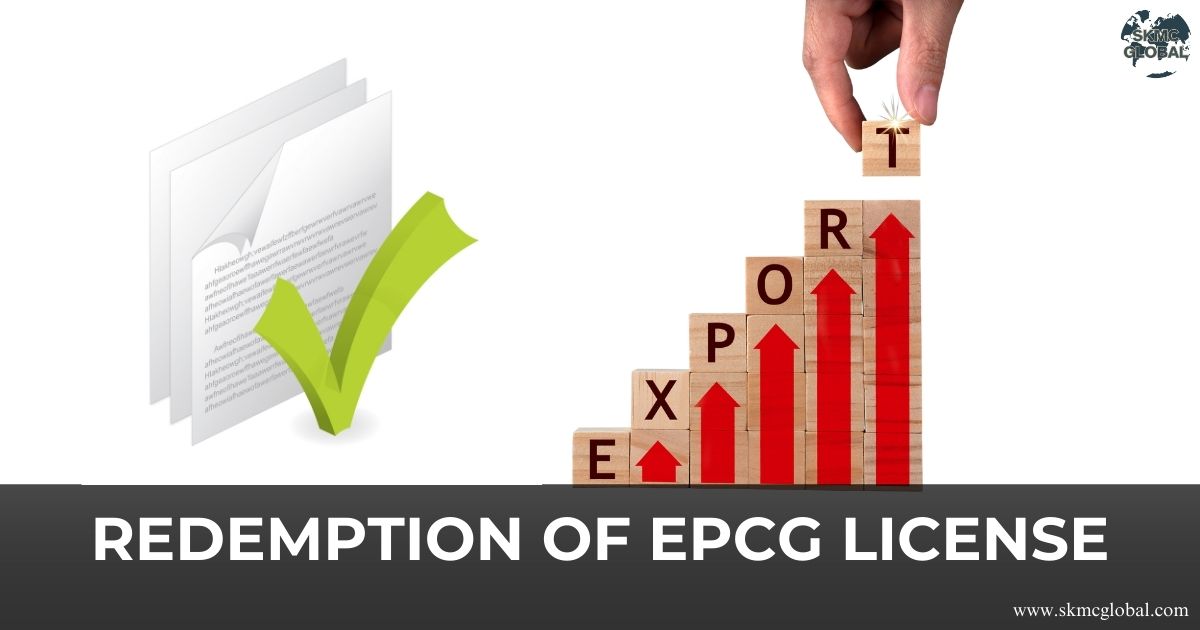 Redemption of EPCG License...
Sep 26,2025
Redemption of EPCG License...
Sep 26,2025
-
 MOOWR (Manufacturing and Other Operations in Wareh...
Sep 24,2025
MOOWR (Manufacturing and Other Operations in Wareh...
Sep 24,2025
-
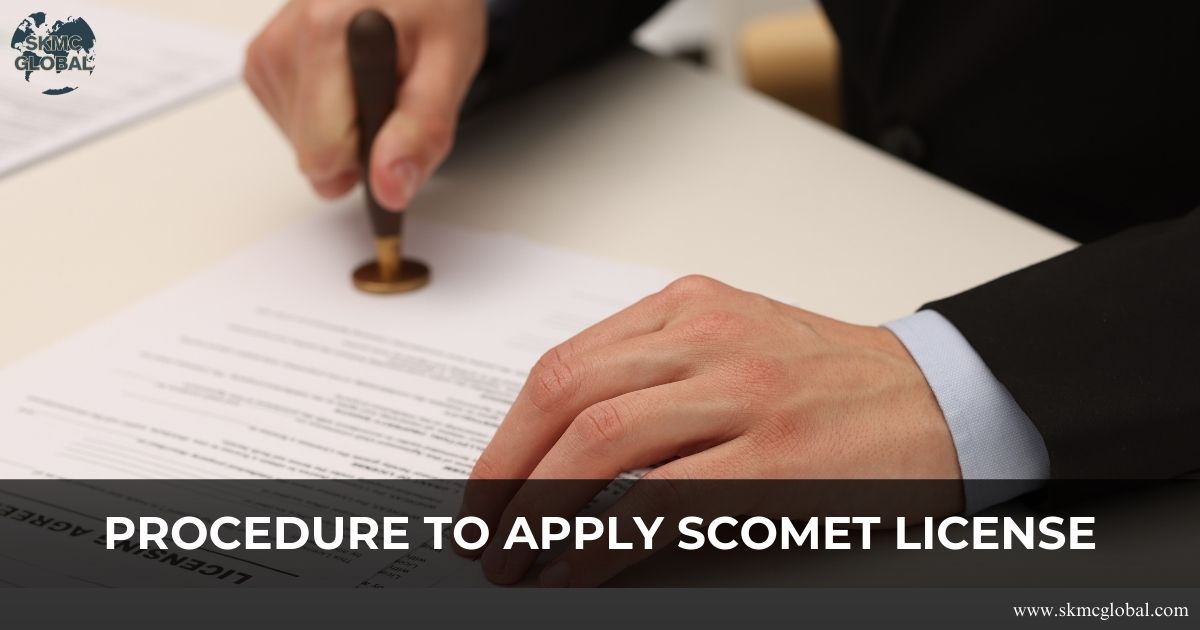 Procedure to Apply SCOMET License...
Sep 22,2025
Procedure to Apply SCOMET License...
Sep 22,2025
-
 Landscape of Semiconductor Industry while Doing Bu...
Sep 18,2025
Landscape of Semiconductor Industry while Doing Bu...
Sep 18,2025
-
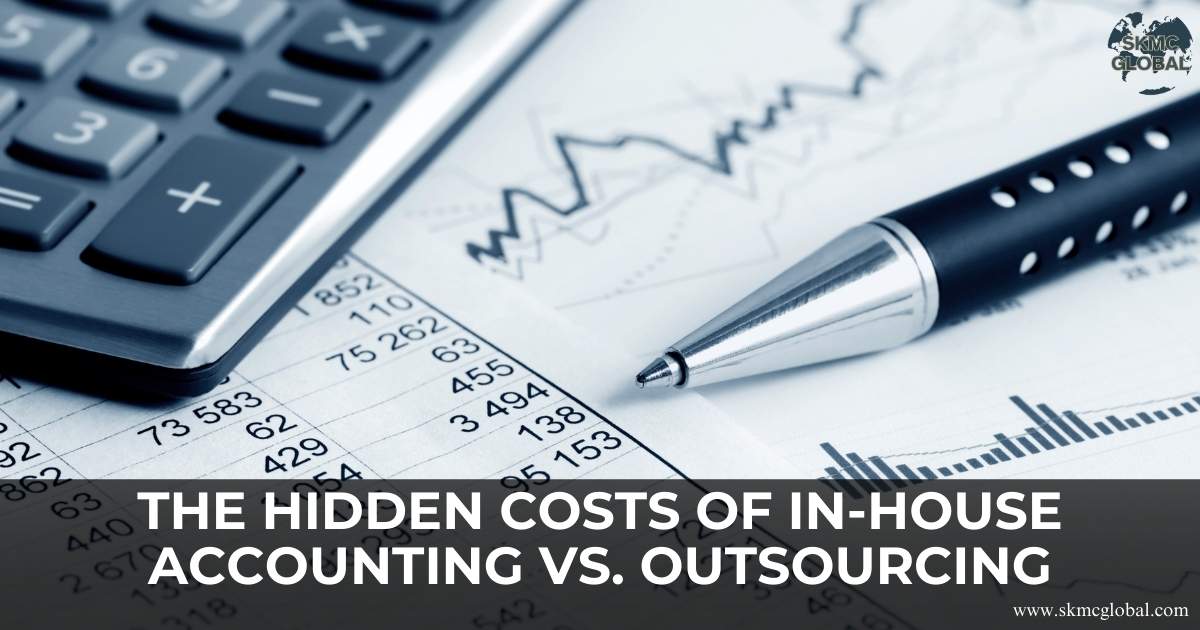 The Hidden Costs of In-House Accounting v/s Outsou...
Sep 17,2025
The Hidden Costs of In-House Accounting v/s Outsou...
Sep 17,2025
-
 TDS on sale of immovable property by an nri...
Sep 10,2025
TDS on sale of immovable property by an nri...
Sep 10,2025
-
 Setting up a Project Office in India...
Sep 08,2025
Setting up a Project Office in India...
Sep 08,2025
-
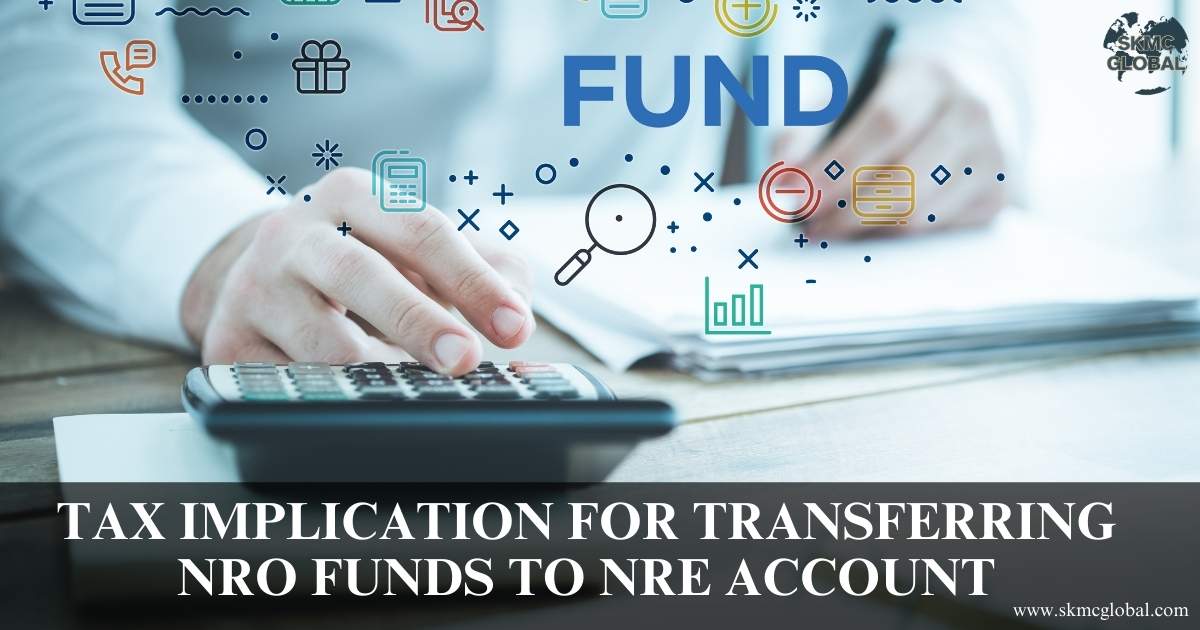 Tax Implication for Transferring NRO Funds to NRE ...
Sep 05,2025
Tax Implication for Transferring NRO Funds to NRE ...
Sep 05,2025
-
 How outsourcing CFO services helps the corporates ...
Aug 27,2025
How outsourcing CFO services helps the corporates ...
Aug 27,2025
-
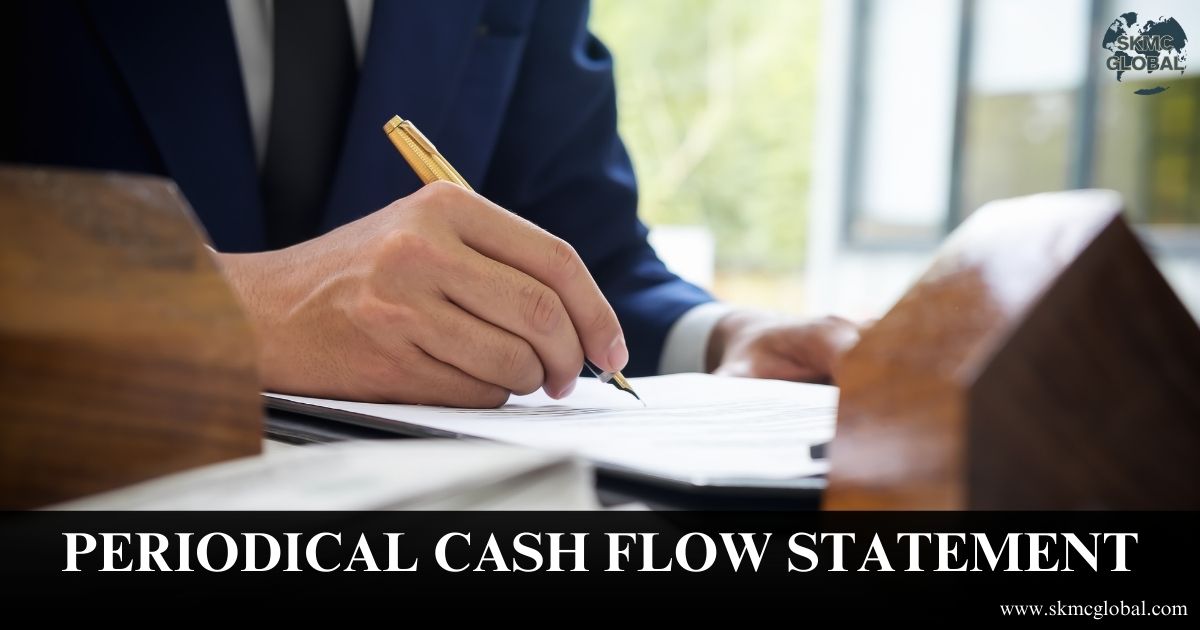 Why a Periodical Cash Flow Statement is Necessary ...
Aug 26,2025
Why a Periodical Cash Flow Statement is Necessary ...
Aug 26,2025
-
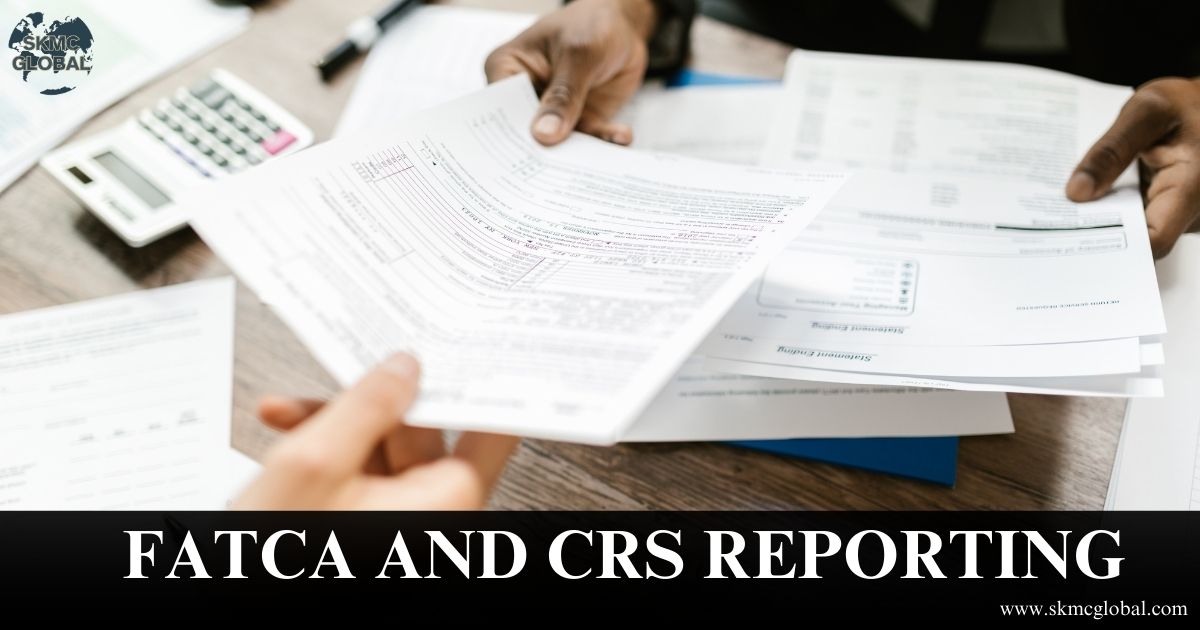 What is FATCA and CRS reporting and its difference...
Aug 22,2025
What is FATCA and CRS reporting and its difference...
Aug 22,2025
-
 What are unclaimed TDS Credits and how to claim it...
Aug 21,2025
What are unclaimed TDS Credits and how to claim it...
Aug 21,2025
-
 Digital Taxation is reshaping Tax Nexus Between Ju...
Aug 20,2025
Digital Taxation is reshaping Tax Nexus Between Ju...
Aug 20,2025
-
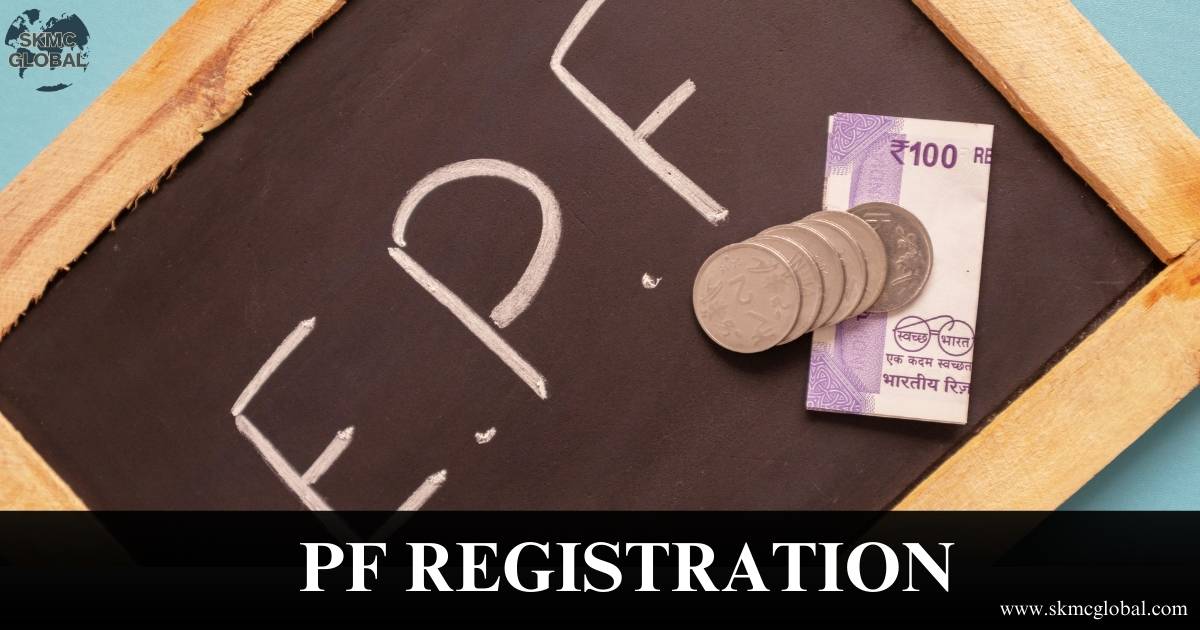 Procedure to Take PF Registration and Its Complian...
Aug 18,2025
Procedure to Take PF Registration and Its Complian...
Aug 18,2025
-
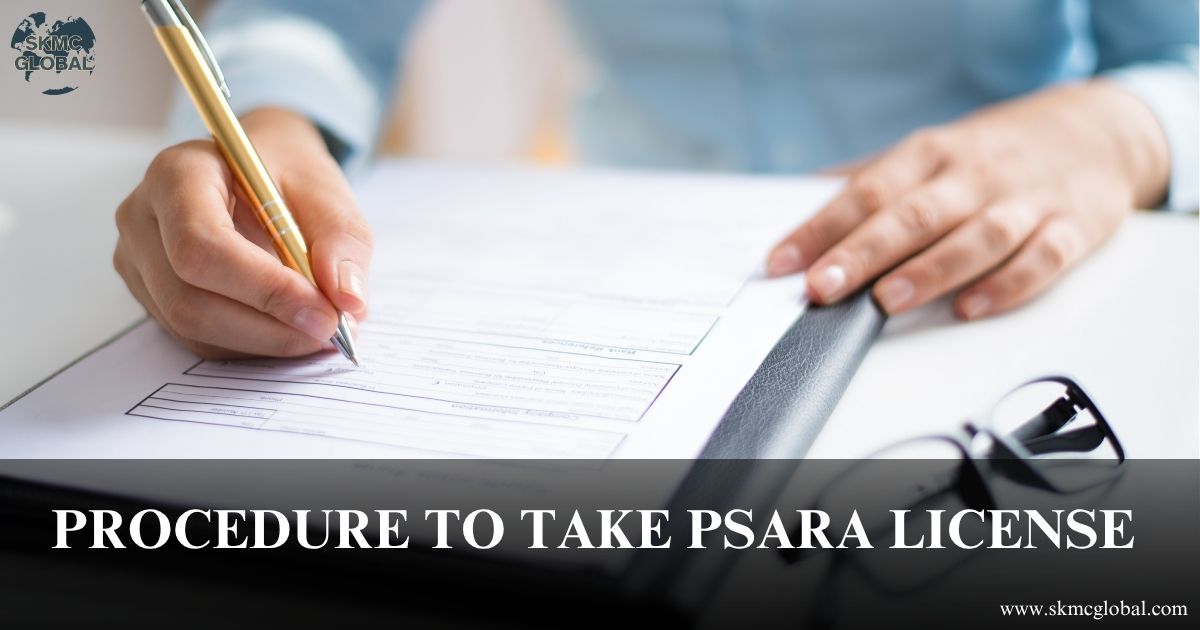 Procedure to take PSARA License...
Aug 11,2025
Procedure to take PSARA License...
Aug 11,2025
-
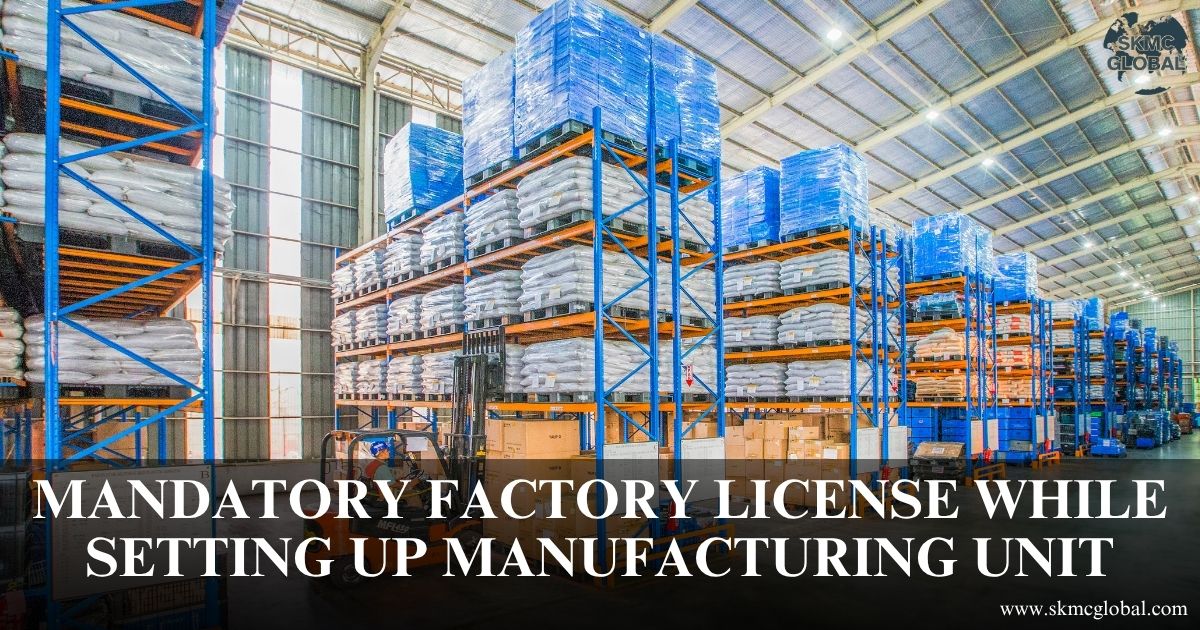 Mandatory factory license while setting up manufac...
Aug 08,2025
Mandatory factory license while setting up manufac...
Aug 08,2025
-
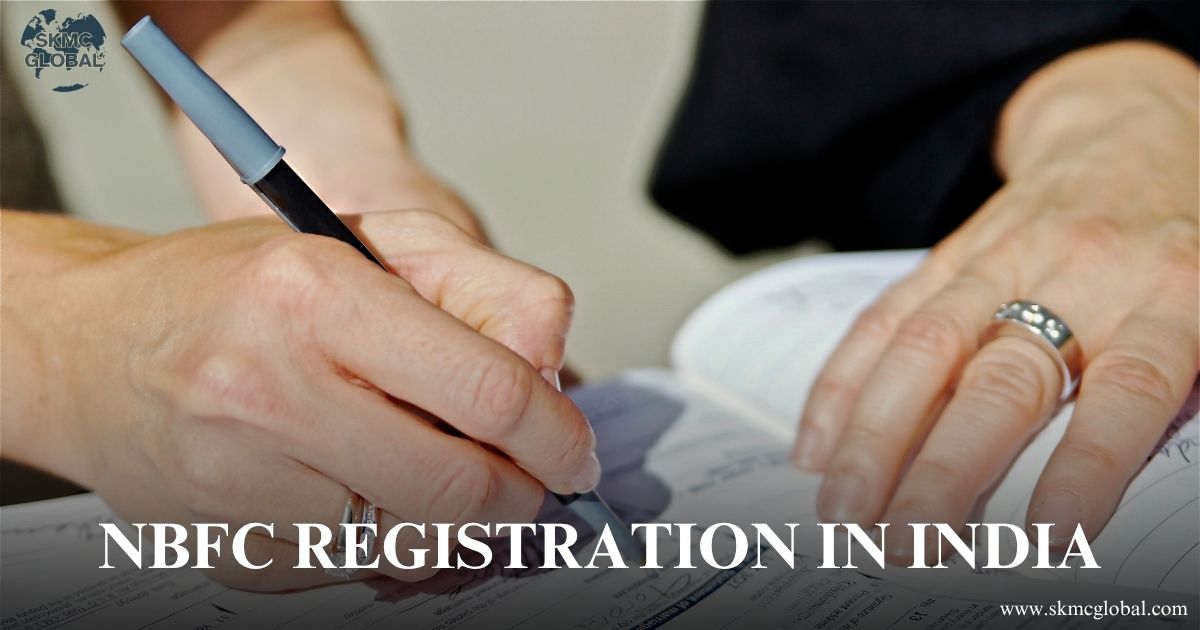 Procedure for obtaining NBFC Registration in India...
Aug 04,2025
Procedure for obtaining NBFC Registration in India...
Aug 04,2025
-
 FSSAI License registration for Food Business...
Jul 14,2025
FSSAI License registration for Food Business...
Jul 14,2025
-
 How Management Information System (MIS) reporting ...
Jul 11,2025
How Management Information System (MIS) reporting ...
Jul 11,2025
-
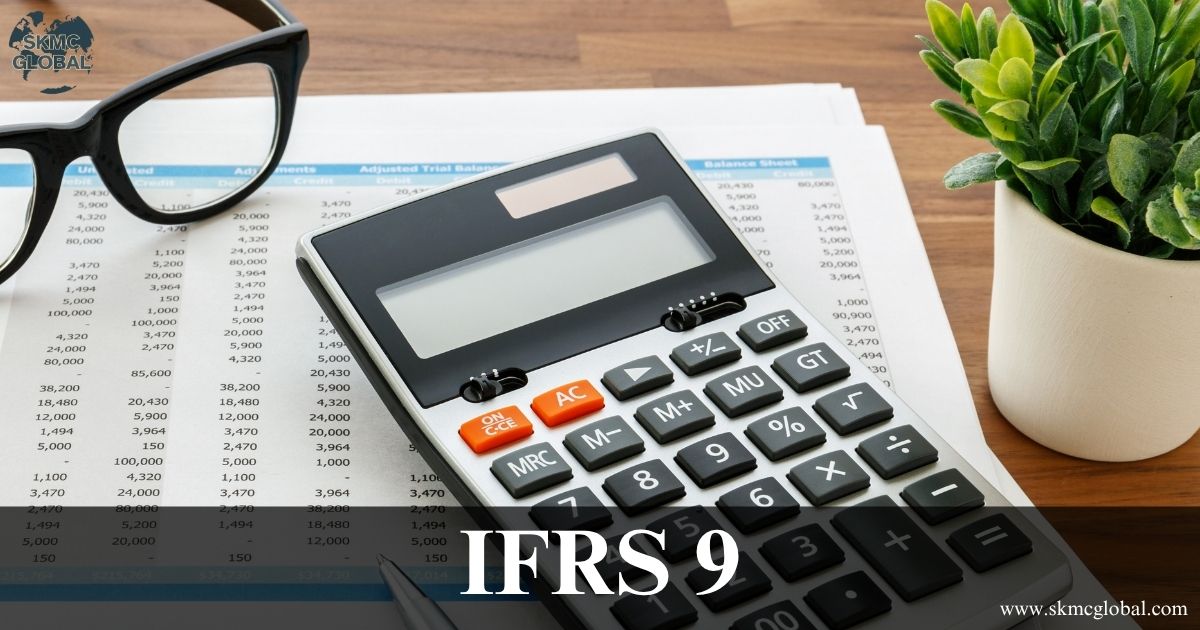 IFRS 9 impairment- A complete guide...
Jul 12,2025
IFRS 9 impairment- A complete guide...
Jul 12,2025
-
 Why most of the companies are shifting to hr and p...
Jul 10,2025
Why most of the companies are shifting to hr and p...
Jul 10,2025
-
 A complete guide on valuation of shares...
Jul 10,2025
A complete guide on valuation of shares...
Jul 10,2025
-
 BIS registration for foreign manufacturer...
Jul 09,2025
BIS registration for foreign manufacturer...
Jul 09,2025
-
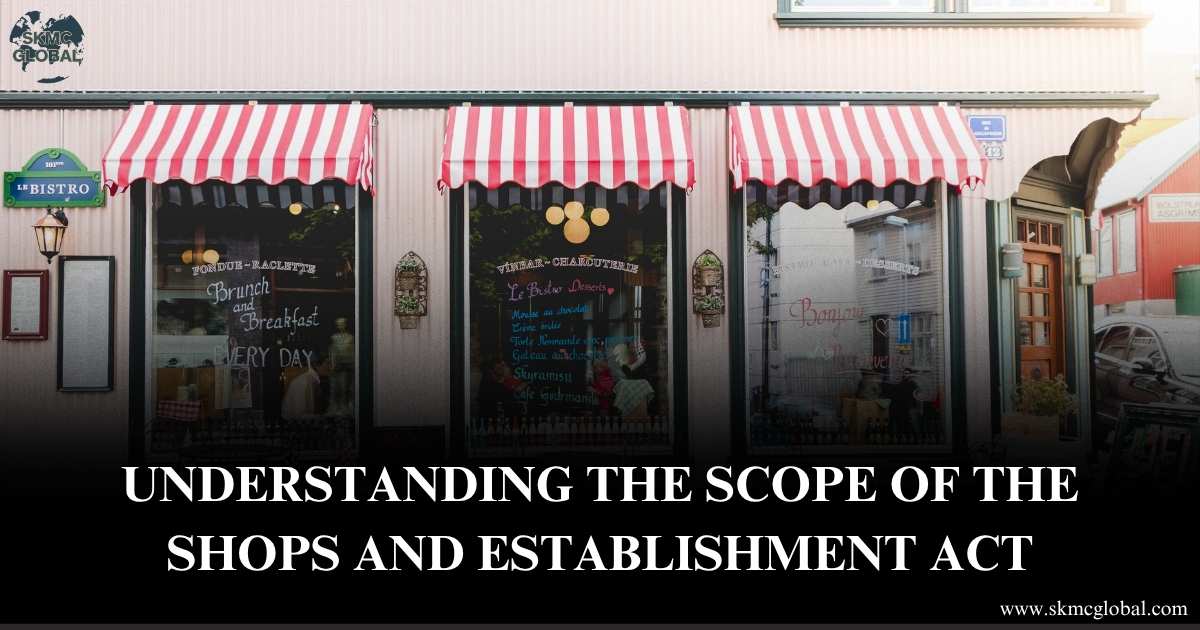 Understanding the Scope of the Shops and Establish...
Jul 08,2025
Understanding the Scope of the Shops and Establish...
Jul 08,2025
-
 Coso framework: Complete guide on internal control...
Jun 26,2025
Coso framework: Complete guide on internal control...
Jun 26,2025
-
 Components and Process for Conducting Internal Aud...
Jun 25,2025
Components and Process for Conducting Internal Aud...
Jun 25,2025
-
 What is ICFR and Why It is Important for Businesse...
Jun 24,2025
What is ICFR and Why It is Important for Businesse...
Jun 24,2025
-
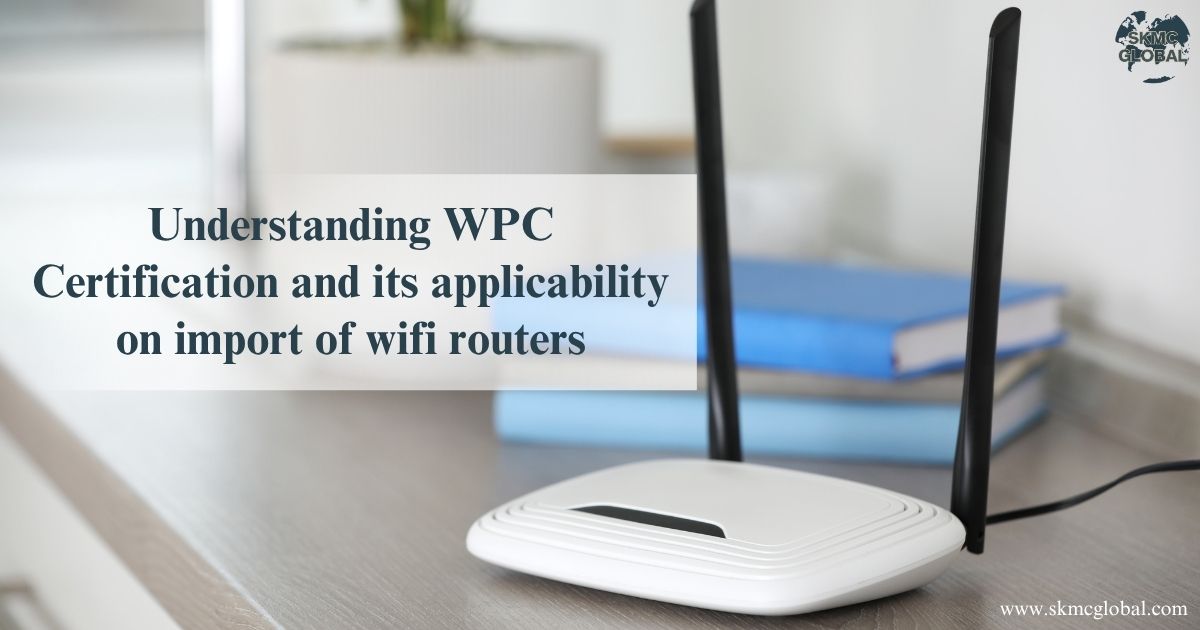 Understanding WPC Certification and its applicabil...
Jun 23,2025
Understanding WPC Certification and its applicabil...
Jun 23,2025
-
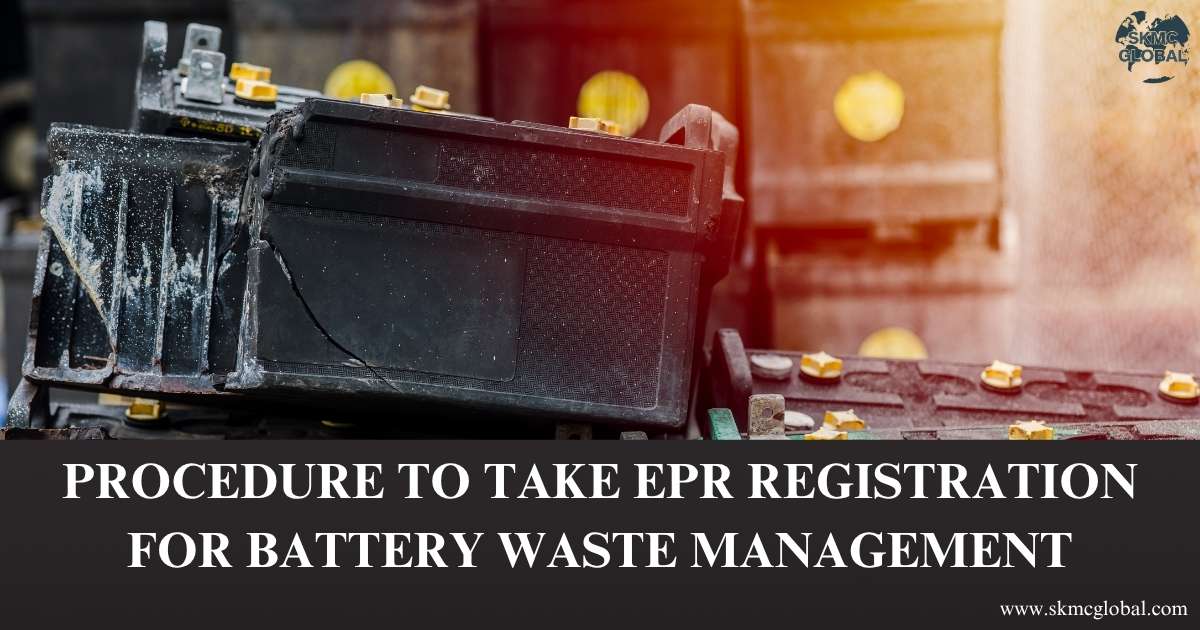 Procedure to take EPR registration for battery was...
Jun 21,2025
Procedure to take EPR registration for battery was...
Jun 21,2025
-
 3PL Logistics...
Jun 19,2025
3PL Logistics...
Jun 19,2025
-
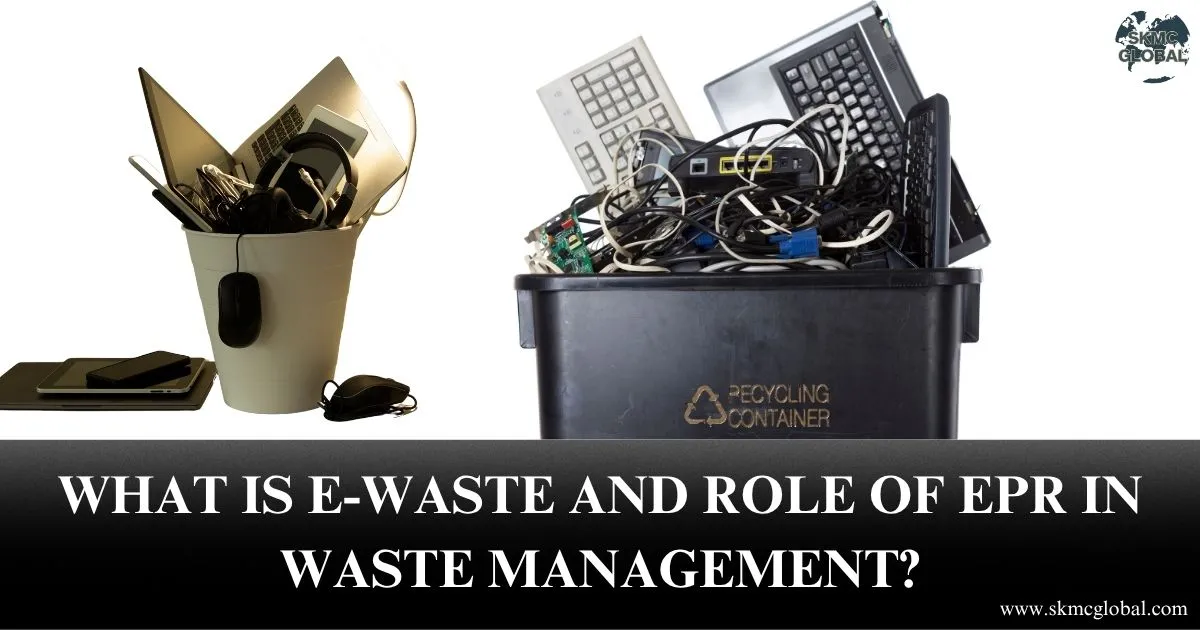 What is E-Waste and role of EPR in Waste Managemen...
Jun 17,2025
What is E-Waste and role of EPR in Waste Managemen...
Jun 17,2025
-
 M&A Due Diligence in India: How to Spot Target Com...
Jun 16,2025
M&A Due Diligence in India: How to Spot Target Com...
Jun 16,2025
-
 BIS crs certification for electronic products...
Jun 12,2025
BIS crs certification for electronic products...
Jun 12,2025
-
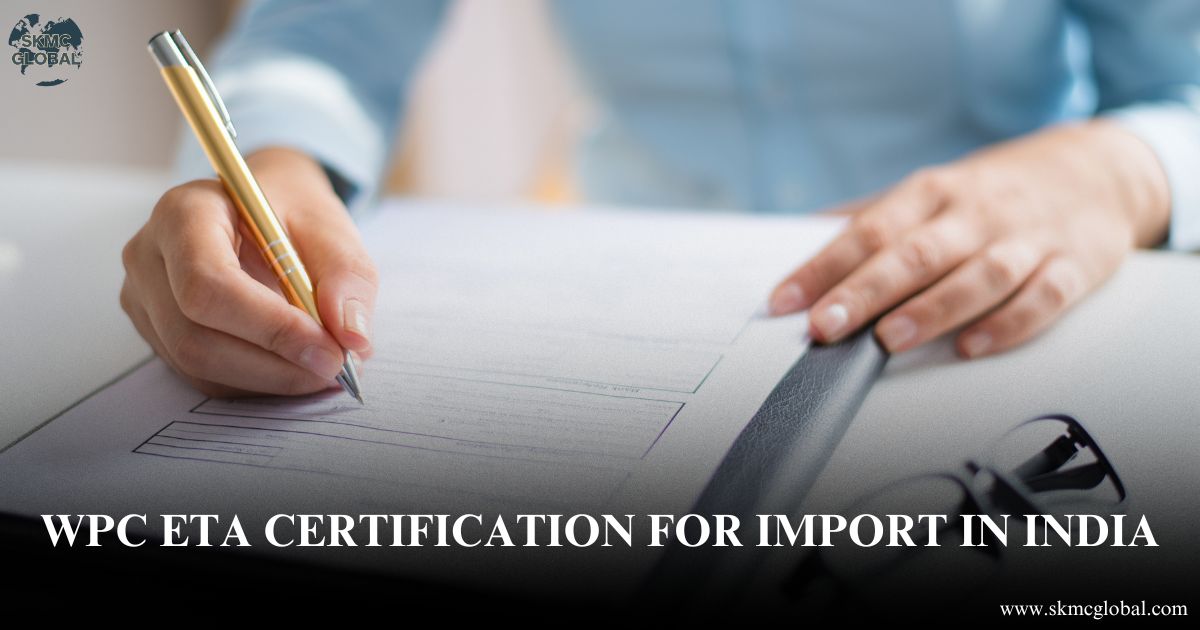 All you need to know about WPC ETA certification f...
Jun 11,2025
All you need to know about WPC ETA certification f...
Jun 11,2025
-
 What is CDSCO Registration under The Drugs & Cosme...
Jun 10,2025
What is CDSCO Registration under The Drugs & Cosme...
Jun 10,2025
-
 Procedure to Take CDSCO Registration in India: A C...
Jun 09,2025
Procedure to Take CDSCO Registration in India: A C...
Jun 09,2025
-
 All You Need to Know About AERB Registration...
Jun 07,2025
All You Need to Know About AERB Registration...
Jun 07,2025
-
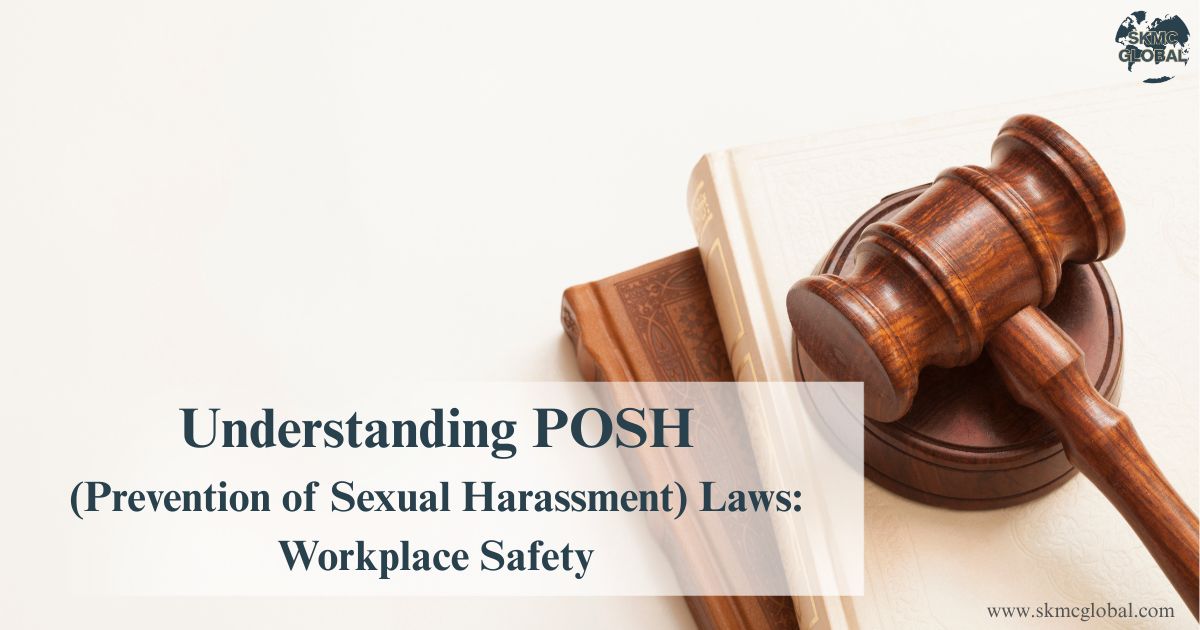 Understanding POSH (Prevention of Sexual Harassmen...
Jun 03,2025
Understanding POSH (Prevention of Sexual Harassmen...
Jun 03,2025
-
 Chartered Accountant's role in financial managemen...
May 23,2025
Chartered Accountant's role in financial managemen...
May 23,2025
-
 5 Things to keep in your mind while running payrol...
May 17,2025
5 Things to keep in your mind while running payrol...
May 17,2025
-
 Why BIS Certification is Crucial for Importers and...
May 15,2025
Why BIS Certification is Crucial for Importers and...
May 15,2025
-
 Top 7 Reasons Indian Entrepreneurs Are Switching t...
May 07,2025
Top 7 Reasons Indian Entrepreneurs Are Switching t...
May 07,2025
-
 Incorporation of Company in Japan...
Apr 24,2025
Incorporation of Company in Japan...
Apr 24,2025
-
 How to set up a Representative Office in Singapore...
Apr 14,2025
How to set up a Representative Office in Singapore...
Apr 14,2025
-
 BIS certificate for medical equipments...
Apr 09,2025
BIS certificate for medical equipments...
Apr 09,2025
-
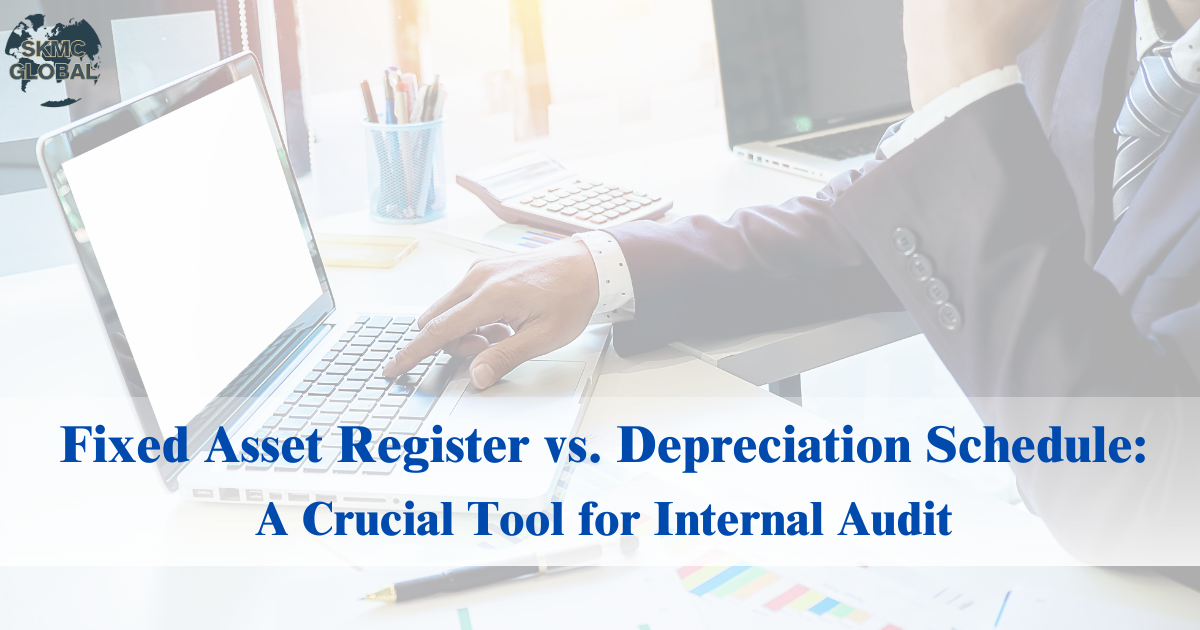 Fixed Asset Register v/s Depreciation Schedule: A ...
Apr 02,2025
Fixed Asset Register v/s Depreciation Schedule: A ...
Apr 02,2025
-
 Role of AI in Accounting...
Mar 26,2025
Role of AI in Accounting...
Mar 26,2025
-
 Capital Structure & its Impact on Profitability...
Feb 21,2025
Capital Structure & its Impact on Profitability...
Feb 21,2025
-
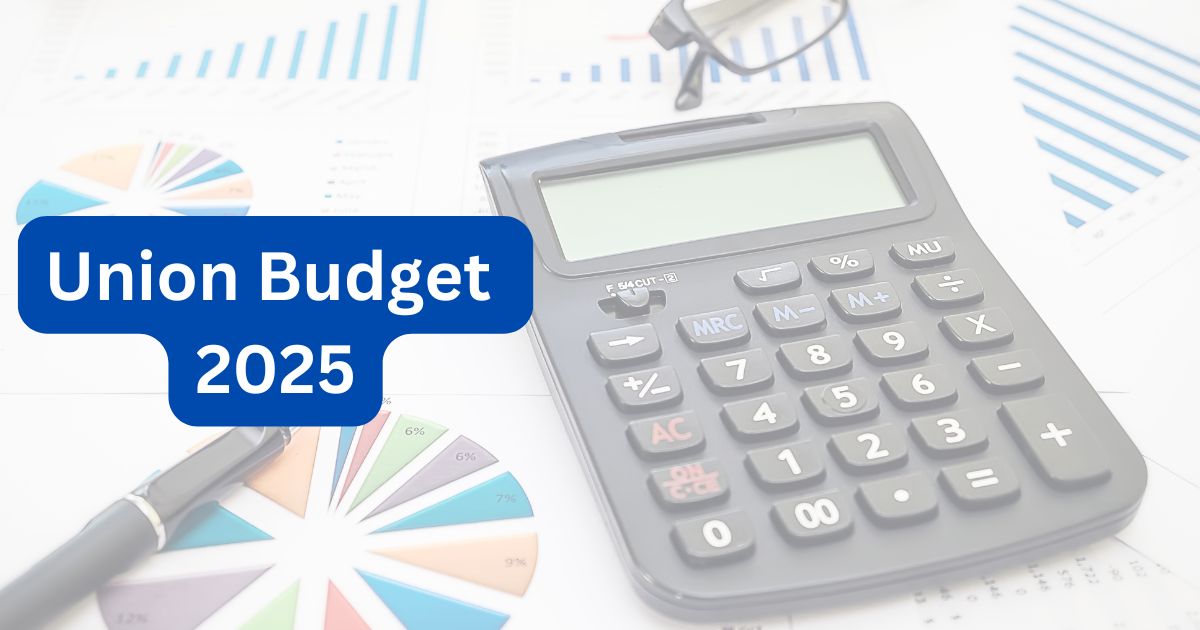 Union Budget 2025...
Feb 01,2025
Union Budget 2025...
Feb 01,2025
-
 What is EPR in Plastic waste Management? ...
Jul 12,2022
What is EPR in Plastic waste Management? ...
Jul 12,2022
-
 Lithium-ion Battery Recycling Plant Setup in India...
May 10,2022
Lithium-ion Battery Recycling Plant Setup in India...
May 10,2022
-
 Setting up E-waste Recycling Plant Setup...
Jan 12,2022
Setting up E-waste Recycling Plant Setup...
Jan 12,2022
-
 Applicability of Labour Laws in India...
Jul 15,2021
Applicability of Labour Laws in India...
Jul 15,2021
-
 Basis to Outsource Finance and Accounting Services...
Oct 31,2021
Basis to Outsource Finance and Accounting Services...
Oct 31,2021
